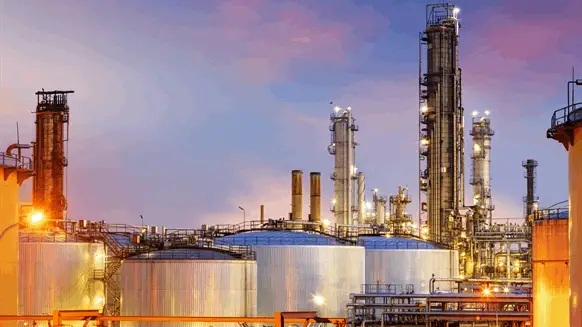The government of Angola through Group Sonangol, the parastatal that oversees petroleum and natural gas production in the Central African country, has made the final investment decision with Gemcorp Capital LLP, an independent investment management firm that is focused on emerging markets across all sectors and asset classes, for the construction of Cabinda Refinery.
The refinery, which will be built on the Malembo plain, approximately 30 km north of the capital of Cabinda otherwise known as Tchiowa, will be the first private investment of this nature in the country and it will utilize the latest North American technology for its design, operation, and development in 3 phases, with adherence to the Equator Principles.
The first phase of the project, with an estimated cost of US$ 220M, is expected to include 30 000 BPD of the Crude Distillation Unit, with a desalinator, kerosene treatment, and auxiliary infrastructure, including a conventional float anchoring system, pipelines, and storage facility for more than 1.2 million barrels. The 2nd and 3rd phases will turn the facility into a total conversion refinery, with an additional refining capacity of 30 000 BPD and the installation of a new catalytic reformer, hydrotreater, and catalytic cracking unit. These two will cost a total of US$ 700M.
Also Read: Construction of Cabinda oil refinery in Angola set to start
Work done so far
The formal construction of the site started in March this year and the complete cleaning and preparation of the land were completed five months later. Construction of a fence for the site started in September 2020 for the 313 hectares of land and the main long-term items were ordered at the beginning of this month.
The Refinery is expected to start operating in the first quarter of 2022. It will provide an increase in the capacity for processing crude oil at the national level and a considerable reduction in the country’s dependence on imports of refined products, as provided for in the National Development Plan. It will also create thousands of job opportunities, providing significant long-term benefits for the Angolan economy, especially in the Cabinda region.

